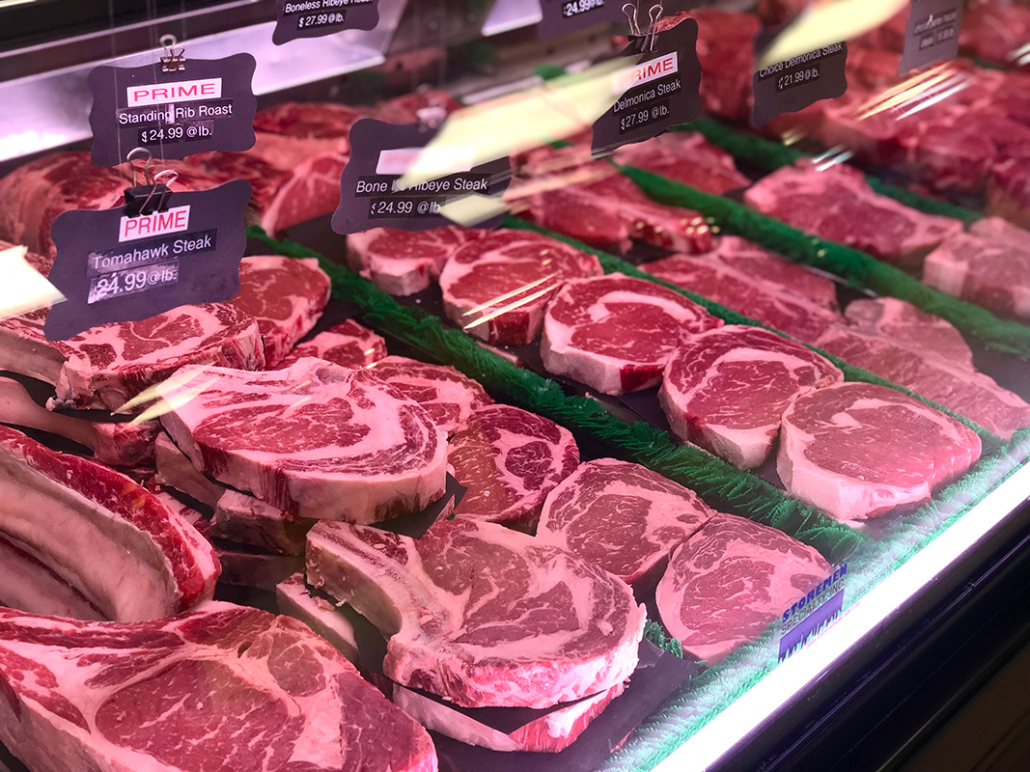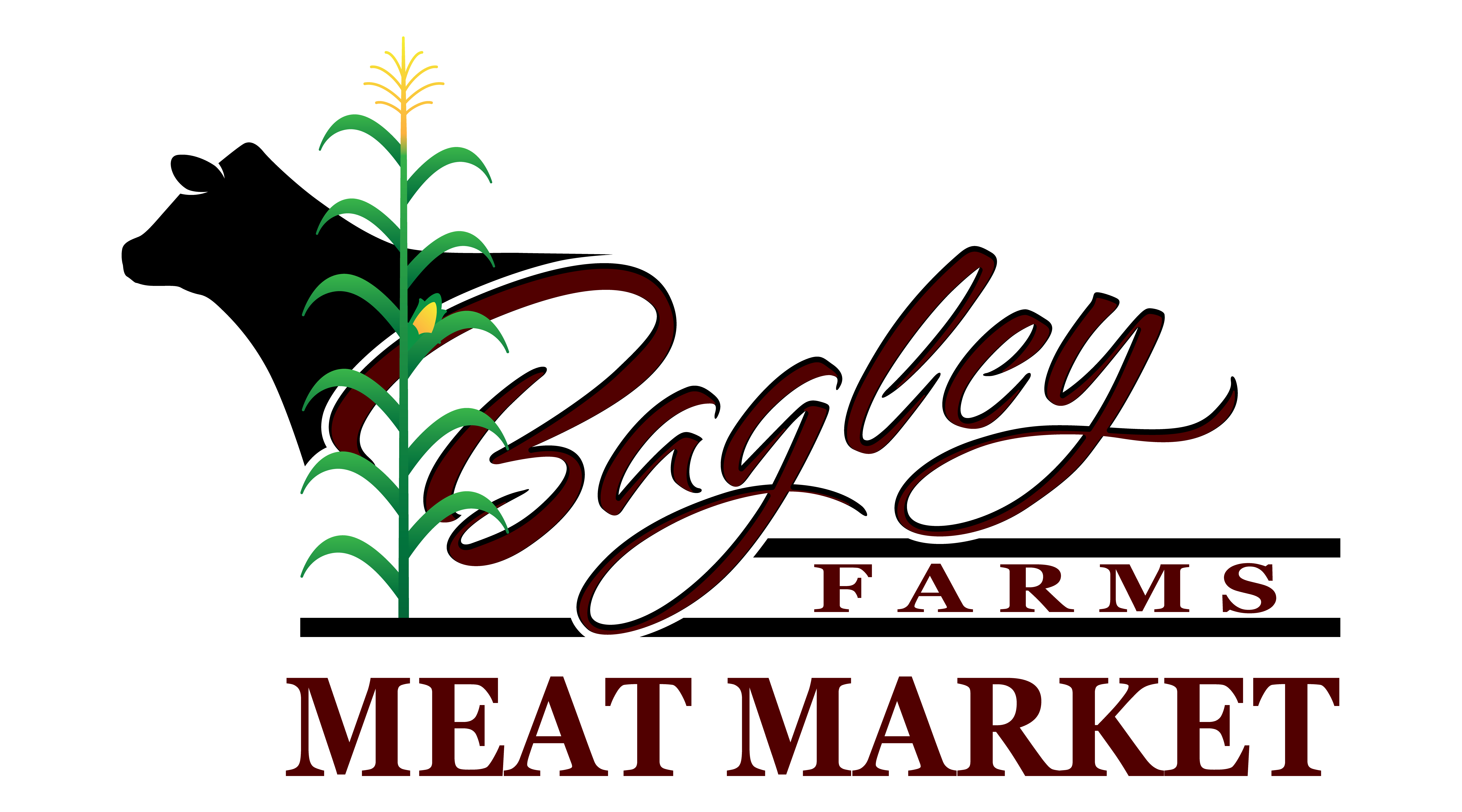Why Shopping at a Neighborhood Meat Market Guarantees Fresh, High-Quality Cuts
Shopping at a neighborhood meat market supplies distinct benefits that usually go unnoticed by consumers accustomed to bigger retail chains. These markets supply straight access to fresh, high-grade cuts, an outcome of decreased transport time from farm to counter. This not just enhances taste however also sustains local farmers, cultivating community partnerships and lasting techniques. Strenuous quality control determines guarantee that each acquisition meets high standards of safety and quality. The ramifications of choosing local expand beyond immediate benefits, prompting a better evaluation of what this option truly means for both consumers and the neighborhood economic situation.
Benefits of Regional Sourcing
In the realm of food procurement, the advantages of regional sourcing stand apart prominently. By buying meat from local markets, consumers gain direct access to items that are typically fresher and more savory than those located in larger, business grocery stores. Local sourcing decreases the time and distance food takes a trip from farm to table, which not just boosts preference yet likewise protects nutritional value.

In addition, regional sourcing usually gives transparency regarding the beginnings of the meat. Customers can ask about the farming techniques used, animal welfare requirements, and whether the meat is organic or grass-fed. This info equips customers to make enlightened choices lined up with their worths.
Quality Control Specifications
Regional meat markets typically comply with extensive quality assurance requirements that make sure the products offered fulfill high safety and security and quality standards. These standards normally include different phases of the meat production process, from sourcing to taking care of and storage space.
First, local markets commonly establish stringent supplier criteria, ensuring that just credible farms and producers are used - bagley meat market edwardsville il. This decreases the possibility of contamination and advertises higher pet welfare criteria. Furthermore, lots of local meat markets apply normal assessments to verify that the meat is processed under hygienic problems, even more lessening wellness dangers
Temperature level control is an additional vital facet of quality control. Neighborhood meat markets frequently monitor refrigeration systems to maintain optimum storage temperature levels, guaranteeing that meat continues to be secure and fresh for intake. The implementation of traceability systems allows markets to track the origin of their items, giving openness and liability.
Lastly, team at local meat markets are frequently trained to identify indications of putridity and recognize correct handling strategies. This dedication to quality assurance not just raises the general standard of the meat however likewise promotes consumer depend on, making regional meat markets a trusted resource for top quality cuts.
Supporting Local Farmers
Sustaining local farmers is crucial for cultivating a lasting food system and improving area resilience. They directly contribute to the resources of farmers in their area when consumers select to go shopping at neighborhood meat markets. This not just sustains the regional economy but also reinforces the farming market, ensuring that it continues to be vivid and sensible.


Additionally, supporting local farmers fosters a sense of neighborhood and connection in between producers and customers. It urges transparency in food sourcing and infuses trust fund, as customers can develop partnerships with the individuals that elevate their food. This straight connection eventually causes a much more engaged and notified public, which is critical for supporting for lasting farming practices in the future.
Lasting Practices
Lasting practices in meat markets play an important duty in promoting environmental stewardship and making sure animal welfare. Regional meat markets often focus on sourcing their products from farms that execute honest and sustainable farming methods. click this link These techniques include rotational grazing, which assists maintain soil health and wellness and lowers carbon discharges, together with decreasing making use of antibiotics and hormonal agents in animals.
Moreover, regional meat markets normally highlight openness in their supply chains. Clients are provided with details regarding the origin of their meat, enabling them to make informed options that line up with their values. By supporting local farmers that practice sustainable methods, customers add to the conservation of biodiversity and the reduction of transportation emissions related to long-distance meat distribution.
Furthermore, several regional meat markets involve in waste decrease strategies, such as utilizing every part of the animal and promoting off-cuts that might or else go unsold. By promoting an extra lasting approach to meat usage, these markets not just provide high-grade items however additionally add favorably to the atmosphere and animal well-being. Basically, buying at a neighborhood meat market aligns customers with a broader activity towards responsible and ethical food sourcing.
Personalized Client Service
Purchasing at a meat market usually incorporates greater than simply the products used; it is additionally about the experience and the partnerships built between customers and team. Individualized customer support is a trademark of regional meat markets, establishing them besides bigger grocery chains. Educated personnel take the time to recognize private consumer preferences, making sure that each visit is tailored to details needs.
Customers profit from experienced recommendations on cuts, cooking techniques, and preparation suggestions, promoting a Our site sense of trust fund and commitment. This tailored interaction allows customers to ask inquiries and look for recommendations, leading to informed buying decisions. Personnel participants typically keep in mind regular consumers and their preferences, developing an inviting environment that cultivates neighborhood ties.
Moreover, customized service encompasses unique demands, such as customized cuts or specific preparation techniques, which larger stores may not accommodate. This degree of interest reinforces the dedication of local meat markets to top quality and consumer complete satisfaction.
In essence, individualized customer care not just enhances the shopping experience yet additionally makes sure that clients entrust to the very best items matched to their culinary needs, making every browse through a satisfying one.
Verdict
Finally, buying at a local meat market gives numerous advantages, consisting of superior quality and quality as a result of minimized traveling times. Strict quality assurance procedures enhance transparency and ensure high criteria for items. Supporting local farmers cultivates community connections and strengthens the local economic climate, while lasting techniques add to environmental stewardship. Furthermore, customized client service improves the purchasing experience, making regional meat markets a recommended selection for consumers seeking both top quality and moral considerations in their food sourcing.
The ramifications of choosing regional extend beyond instant benefits, you can check here prompting a closer assessment of what this choice really indicates for both customers and the local economic climate.
Supporting regional meat markets likewise adds to the neighborhood economy. Neighborhood meat markets frequently keep an eye on refrigeration systems to preserve optimum storage space temperature levels, guaranteeing that meat continues to be fresh and secure for intake.Neighborhood farmers are often more attuned to the details demands of their areas, raising and growing plants animals that line up with local preferences and choices. Sustaining regional farmers fosters community partnerships and reinforces the regional economy, while sustainable methods contribute to ecological stewardship.